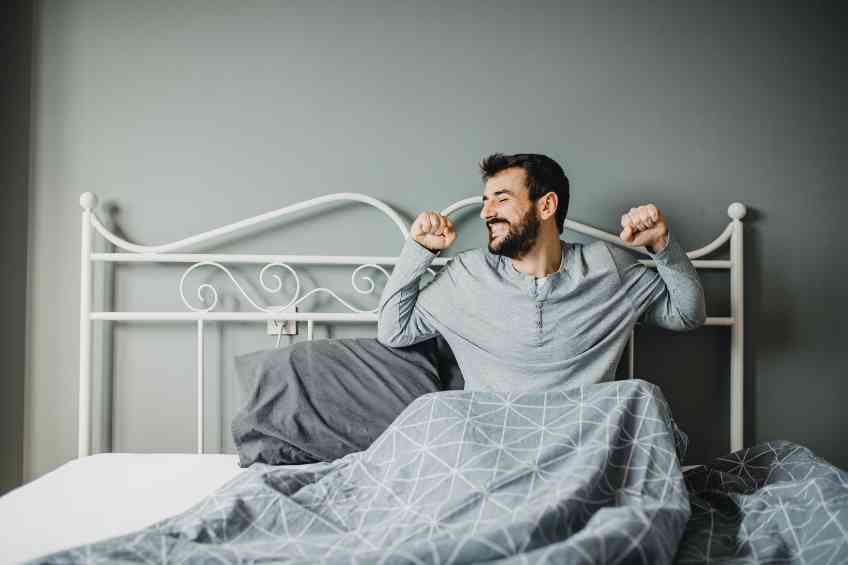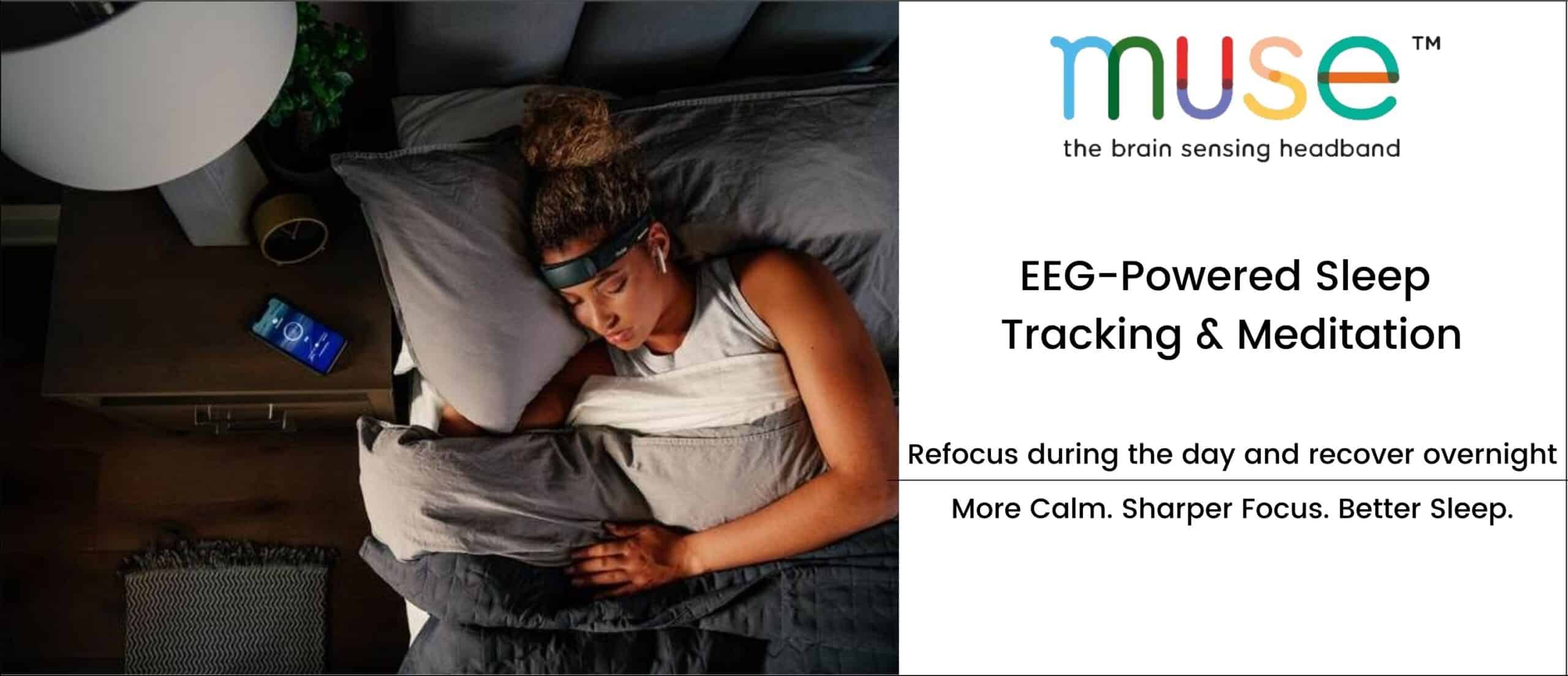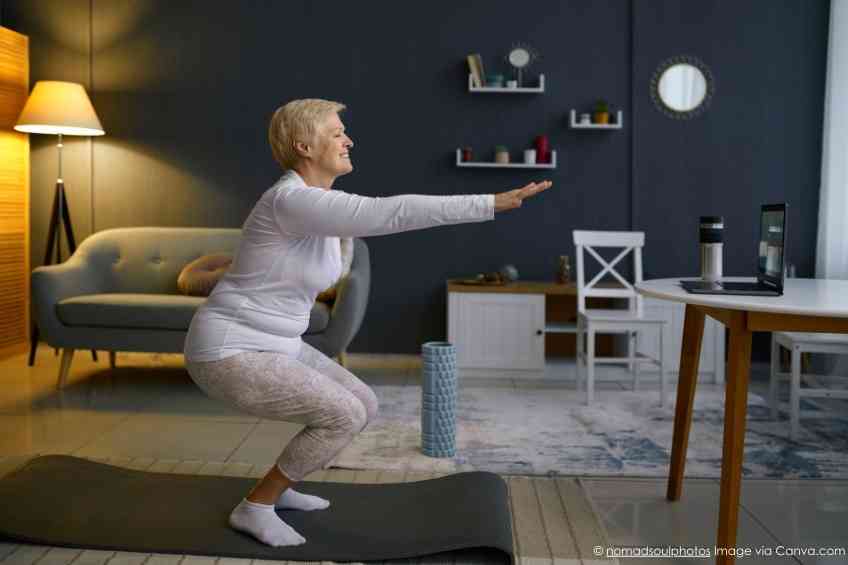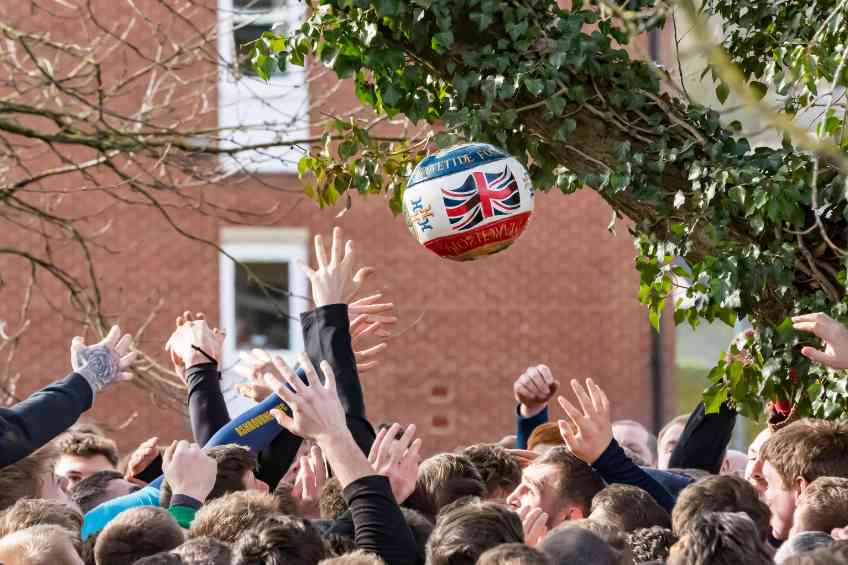By Sean Zucker –
My entire life, I’ve been told I wake up on the wrong side of the bed. Grumpiness is my natural demeanor. I never rise and shine, I slouch and persevere. Well, turns out there’s some truth to that common observation. There is a wrong way to sleep, it’s on the left and I’ve been doing it for 28 years.
This newfound clarity comes courtesy of a recently resurfaced University of California, San Francisco study from 1997. It found evidence suggesting sleeping on your left side may increase pressure on your heart. While these findings don’t link the wrong side of the bed with any increased risk of heart conditions, they may help explain my general despair and uneasiness towards everyday life and day-to-day responsibilities. If only someone had told me.
Then again, why would someone have told me. The study’s life-altering findings surfaced in 1997 and they had a tough time grabbing attention and making headlines. Titanic was ruling the box office and Princess Diana was just killed in a Paris car crash. The world was preoccupied with some seriously reckoning questions of self-reflection. What role did the paparazzi play in her death? How responsible are we the consumers who encouraged their invasive nature? And why wouldn’t Rose just scooch over a little to the left for Jack—there was certainly enough room for him.
In a different world, my daily shrugs and groans associated with even the most mundane tasks would have been caught years ago, possibly in grade school. With an early diagnosis, I would have been prescribed a different side of the bed—the right side. This undoubtedly would have led to a healthier, happier and more productive life. The right life. Unfortunately, embracing this right life is nothing but a fairy tale.
Luckily, like all valuable pieces of IP, UC San Francisco’s study was given a modern reboot. Okay, at this point, I am optimistically a lost cause. But the report’s rebirth is fortunate news for the next generation of those who suffer from waking up on the wrong side of the bed. Of course, every franchise revival needs a new-aged twist.
The China Astronaut Researching and Training Center produced a rehash that began by replaying the hits from the original—when sleeping on the left side, due to the effect of gravity on the heart, the position of the heart changed turning and rotating, therefore causing changes in pressure. However, it spiced the results up for hungry new audiences by claiming that the majority of participants with a heart muscle disease called consecutive dilated cardiomyopathy preferred to sleep on their right side rather than their left—creating intrigue for the sequel.
So, maybe I can finally sleep soundly tonight knowing we’ve discovered a few hints towards my diminishing attitude and dwindling efforts, even though we’re not any closer to figuring out what Rose was thinking at the end of Titanic.













